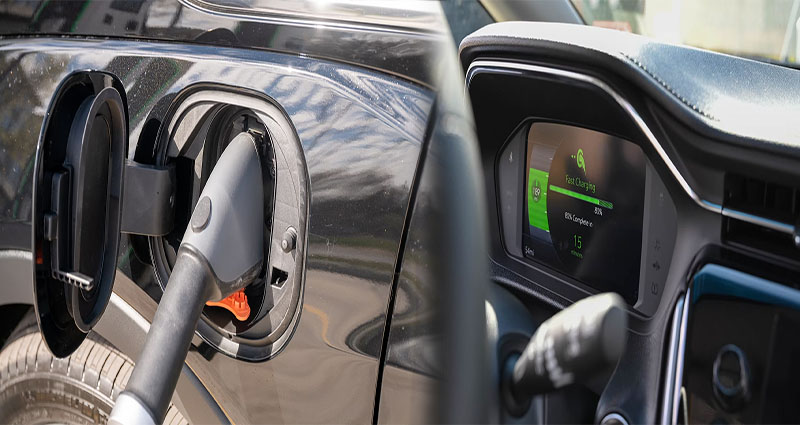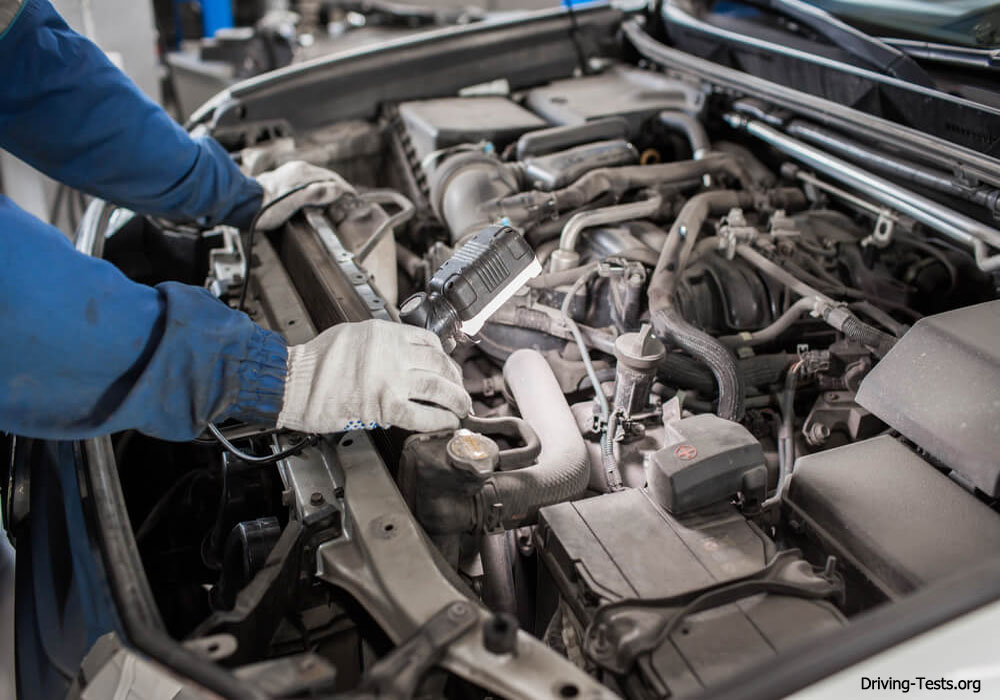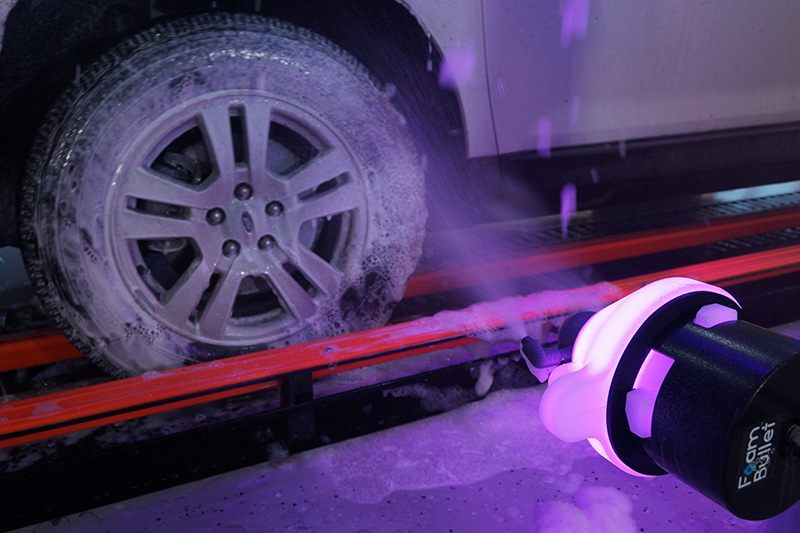Exploring Plug-in Hybrid Electric Vehicles (PHEVs)
There has been a significant shift towards electrification in the automotive industry, with more and more manufacturers offering hybrid and electric vehicles. Plug-in Hybrid Electric Vehicles (PHEVs) are a popular option for many consumers who want to reduce their carbon emissions but still need the convenience of a traditional petrol vehicle.
What Are Plug-in Hybrid Electric Vehicles (PHEVs)?
PHEVs are hybrid vehicles that can be charged by plugging them into an electric power source. They have both an electric motor and a petrol or diesel engine, which work together to power the vehicle. PHEVs can either be charged from a standard power outlet or from a public charging station. They also have regenerative braking, which helps to recharge the battery while driving.
The Benefits of Plug-in Hybrid Electric Vehicles (PHEVs)
- Reduced Emissions – PHEVs emit less carbon compared to traditional petrol vehicles, making them a more environmentally friendly choice.
- Fuel








